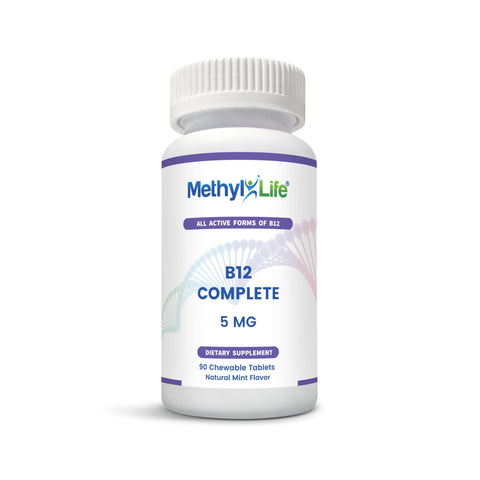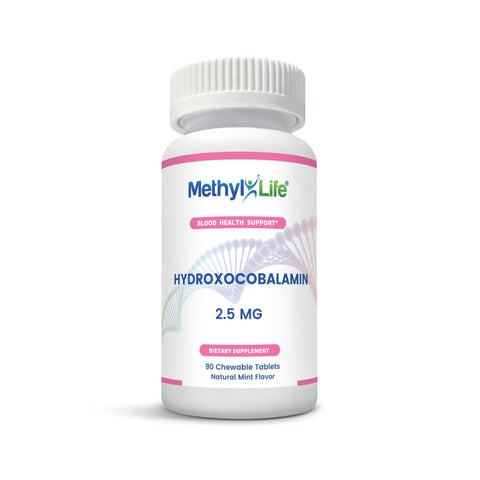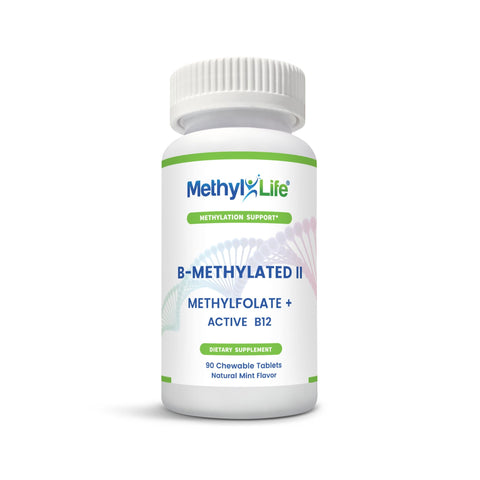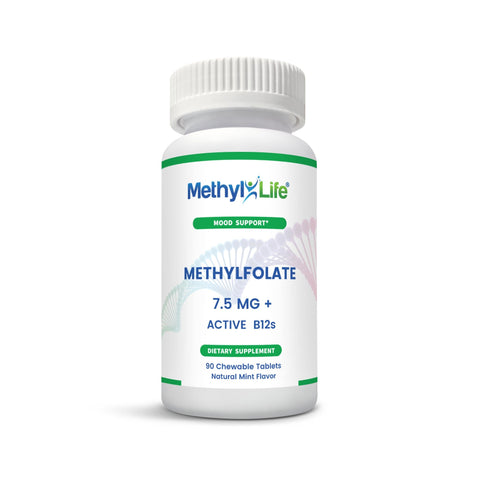Vitamin B12 plays an important role in the cell's metabolism. Our body needs vitamin B12 to maintain the functioning of the nervous system, the health of the red blood cells, and to synthesize nucleic acids (our genetic material).
B12 is also involved in the metabolism of homocysteine, which is associated with cardiovascular diseases when levels are high in our blood. Like most vitamins, B12 can't be synthesized by our bodies, thus we must get it from food or supplementation.
The problem is some people don't consume enough B12 to meet their needs. Other's simply can't absorb it, no matter how much they intake.
This can be due to pernicious anemia, reduced levels of stomach acidity, intestinal disorders or even genetic variants preventing enzymatic conversion.
For this reason, B12 deficiency is a common health problem, especially among elderly people. B12 deficiency affects between 2.5 and 26 % of the general population, depending on the definition used.
Most of the time, the cause of this deficiency is dietary inadequacy. That's why vegans, vegetarians, and individuals who cannot absorb Vitamin B12 may benefit from its supplementation, and from a diet containing B12-rich food.










